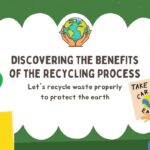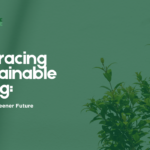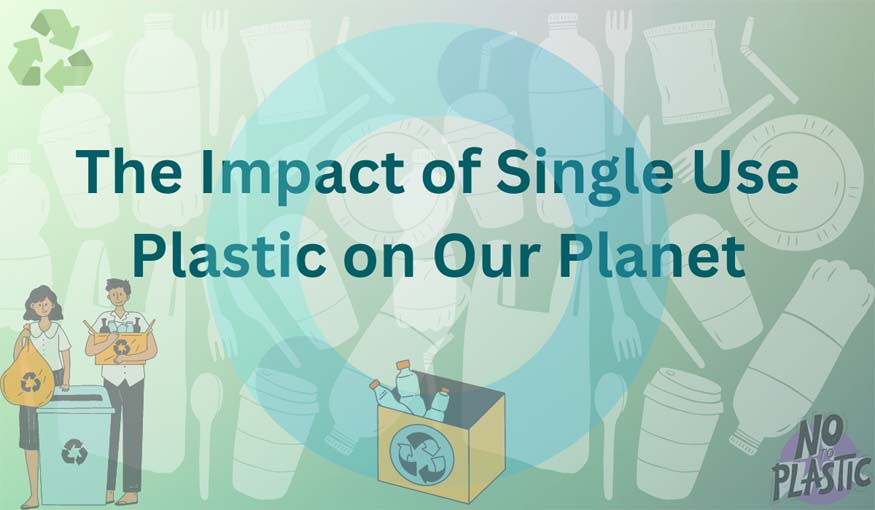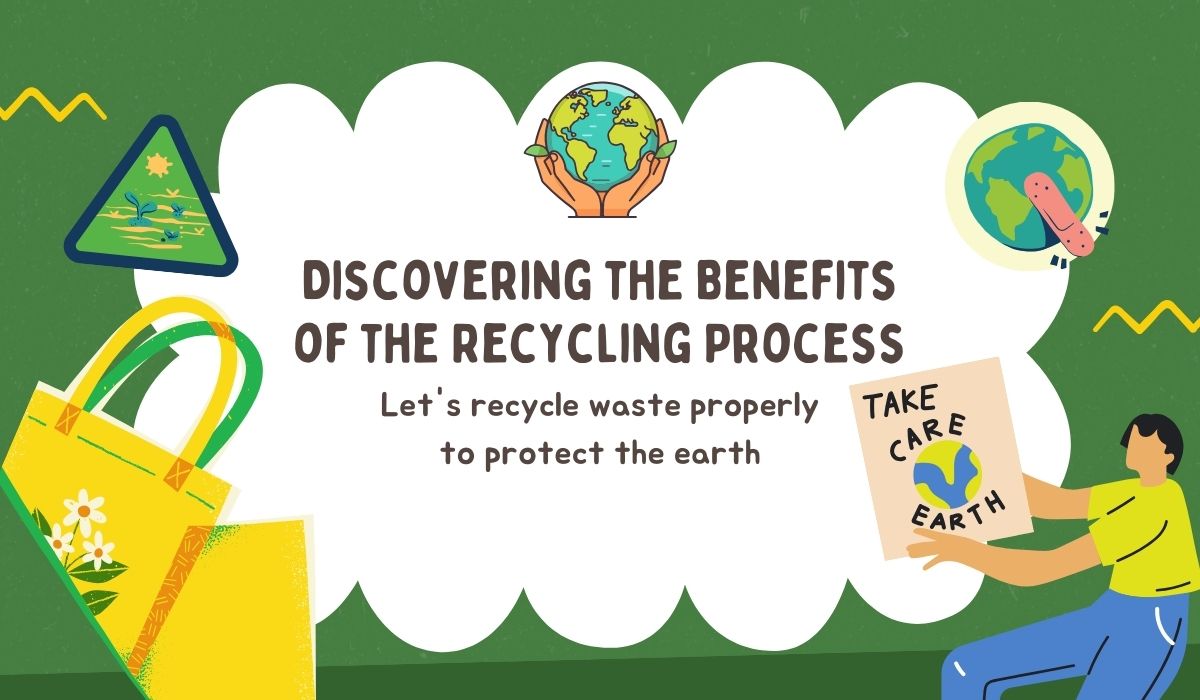Single use plastic have become an integral part of modern life, offering convenience and affordability in a wide range of products. However, the widespread use and disposal of these items have had profound impacts on our planet’s ecosystems and human health. From clogging landfills to contaminating oceans, the environmental consequences of Single use plastic are a growing concern. In this article, we delve into the various aspects of this issue, exploring the global plastic pollution statistics, effects on wildlife and marine ecosystems, human health implications, as well as highlighting solutions and individual actions to combat this pressing environmental challenge.
Table of Contents
1. Introduction to Single use plastic
Definition of Single use plastic:
Single use plastic are the MVPs (or rather, the villains) of convenience culture. Think plastic bags, straws, utensils, and cups that are used once and then tossed away like yesterday’s news.
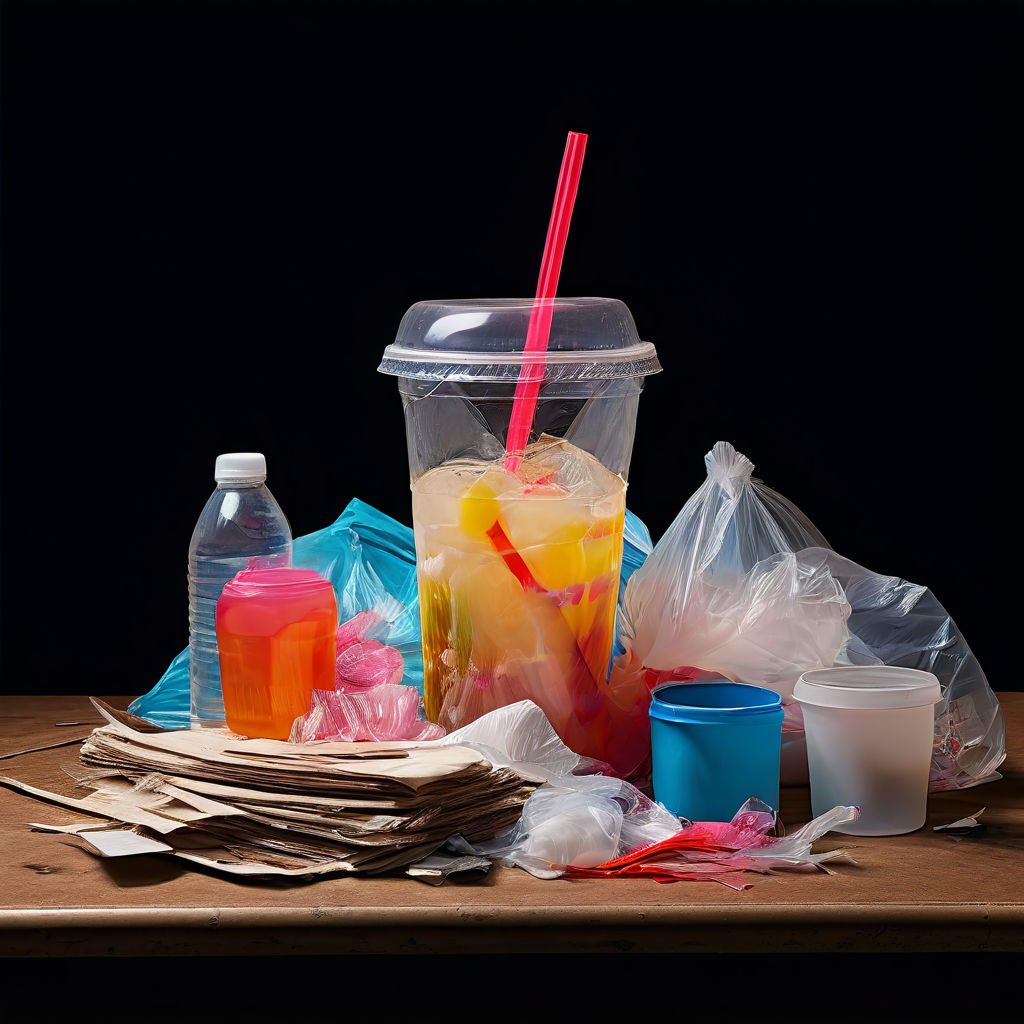
Ubiquity and Convenience:
These plastic marvels are everywhere, offering convenience at every turn. Need a straw with that drink? Plastic. Grabbing takeout? Plastic containers galore. They’re lightweight, cheap to produce, and seem to be the answer to all our on-the-go needs.
2. Environmental Consequences of Single use plastic
Plastic Pollution in Landfills:
Once their brief moment of glory is over, Single use plastic often end up languishing in landfills for centuries, refusing to break down and making themselves right at home in the soil.
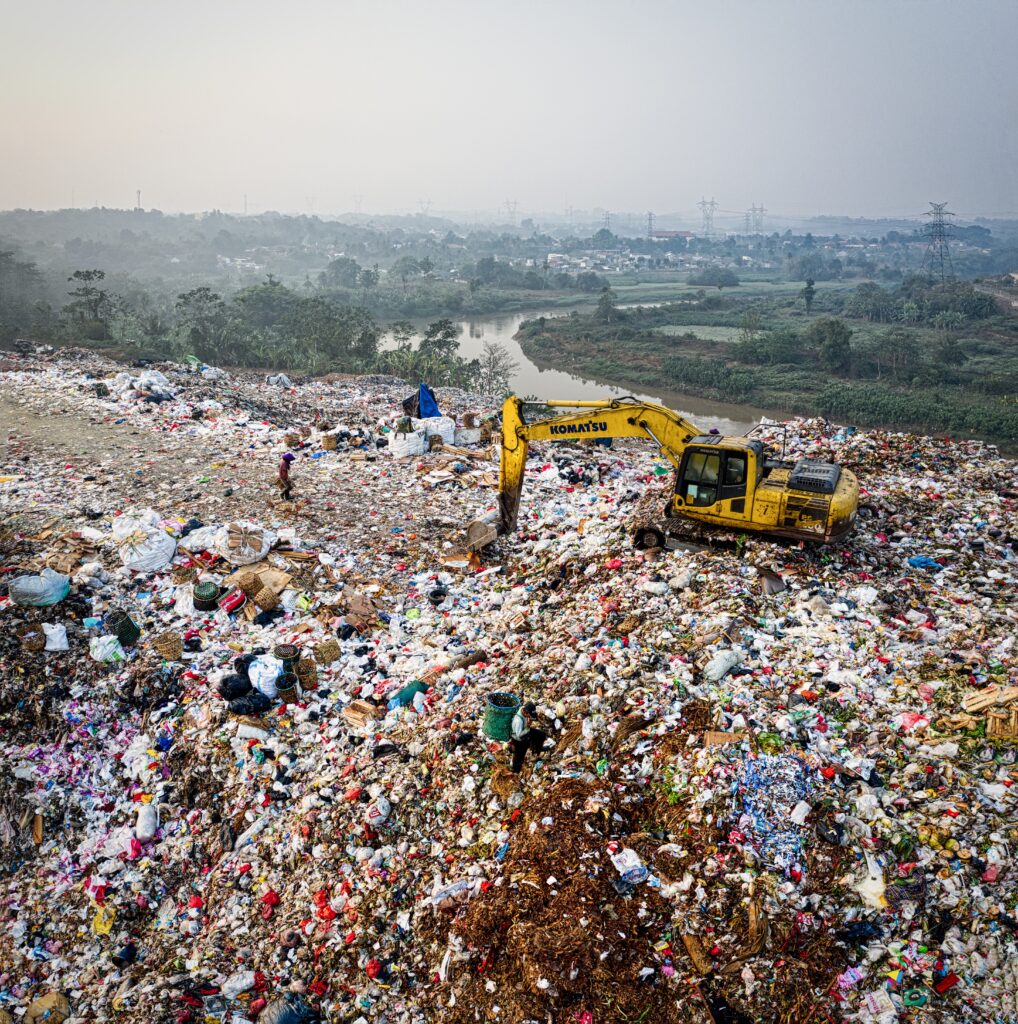
Microplastics in the Environment:
But wait, there’s more! Single use plastic also have a habit of breaking down into tiny pieces called microplastics, infiltrating our water, air, and even our bodies with their pesky presence.
3. Global Plastic Pollution Statistics
Production and Consumption Trends:
We’ve got a plastic party on our hands, folks. With global plastic production continuing to climb, it seems like Single use plastic are here to stay unless we bust out the eco-friendly party favors.
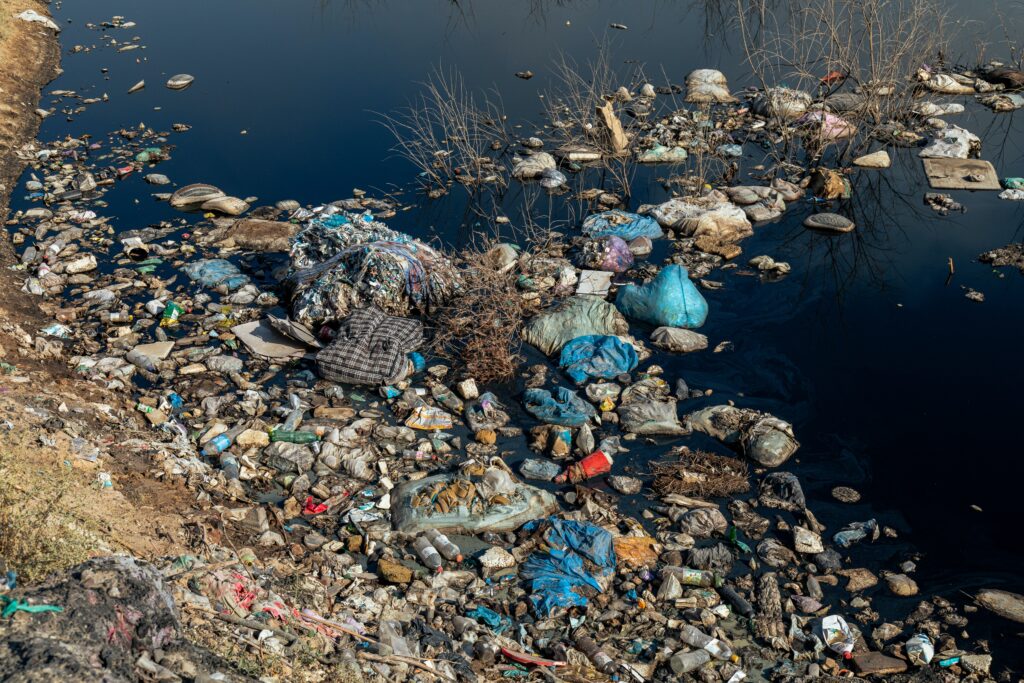
Impact on Oceans and Waterways:
Our oceans and waterways are taking the brunt of the plastic invasion, with an estimated truckload of plastic entering the ocean every single minute. It’s like a not-so-fantastic voyage for marine life and habitats.
4. Effects on Wildlife and Marine Ecosystems
Entanglement and Ingestion:
Picture this: marine animals getting tangled up in plastic debris or mistaking it for a tasty snack. It’s a real-life horror story playing out in the oceans, with wildlife paying the price for our plastic addiction.
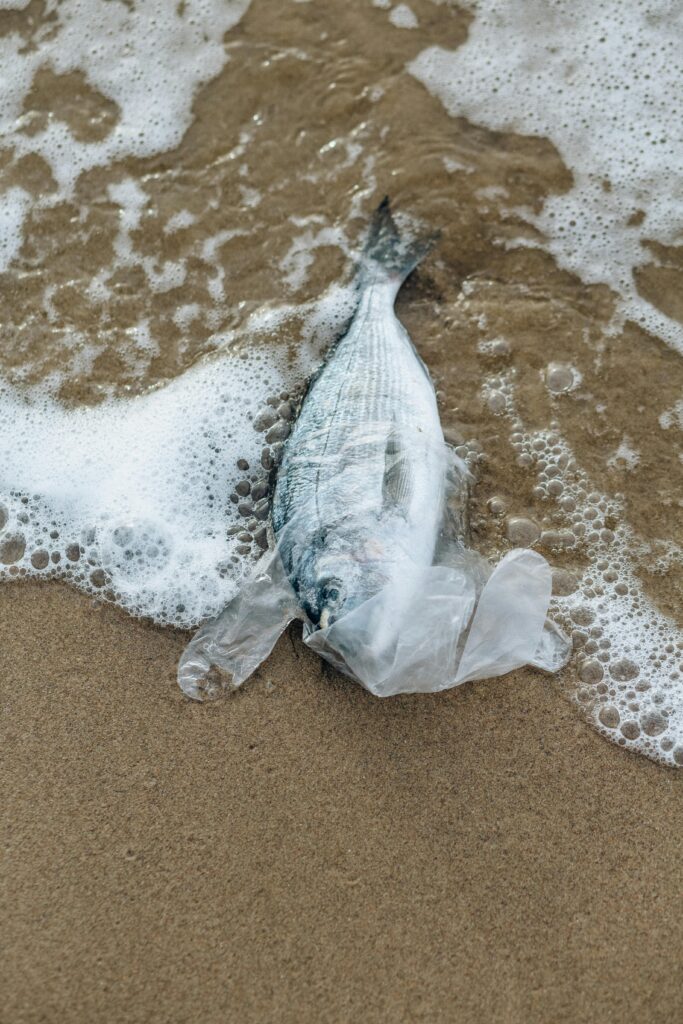
Disruption of Ecosystem Balance:
When Single use plastic throw a party in the ecosystem, nobody wins. From altering food chains to messing with habitats, these persistent plastics are like unwelcome guests overstaying their welcome and wreaking havoc.
5. Human Health Impacts of Single use plastic
Toxic Chemical Exposure:
Single use plastic can leach harmful chemicals into the environment and food chain, posing a risk to human health. By reducing plastic usage, we can safeguard ourselves from potential toxic exposure.
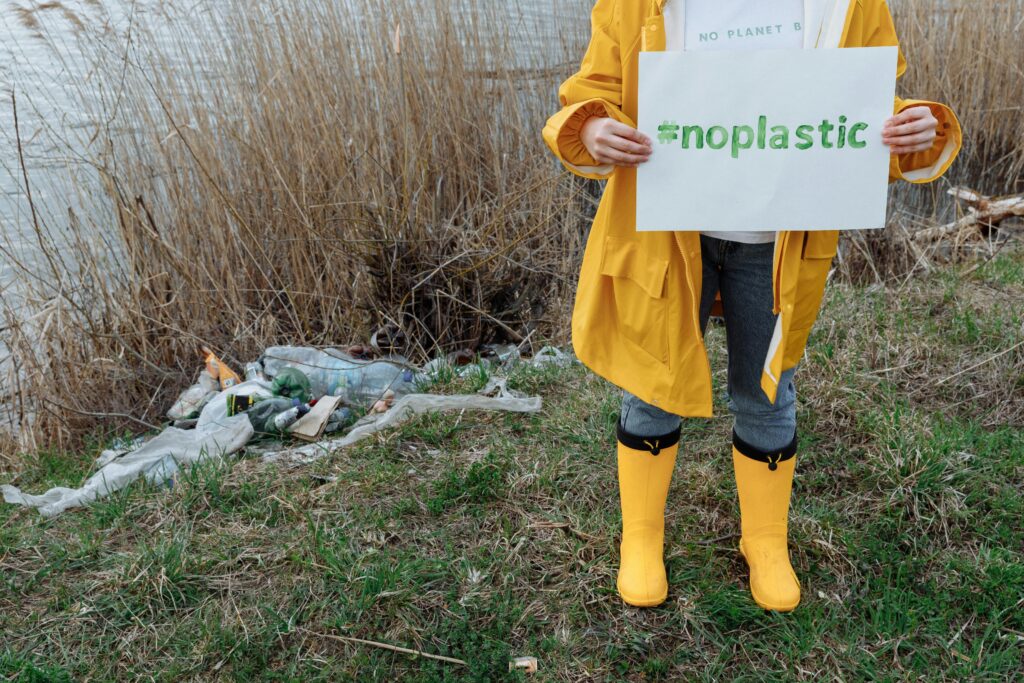
Food Chain Contamination:
Plastics break down into micro plastics that can be consumed by marine life, eventually entering our food chain. This contamination could have unforeseen consequences on human health, making it crucial to address the issue at the source.
6. Solutions and Alternatives to Single use plastic
Biodegradable Alternatives:
Switching to biodegradable alternatives like plant-based plastics can help mitigate the environmental impact of Single use plastic. Embracing these alternatives is a step towards a greener future.

Promoting Reuse and Recycling:
Encouraging the reuse and proper recycling of plastics can reduce waste and lessen the burden on our planet. By promoting a circular economy, we can make a positive difference in combating plastic pollution.
7. Policy and Legislative Efforts to Reduce Single use plastic
Bans and Restrictions:
Implementing bans and restrictions on Single use plastic can significantly reduce their usage and environmental impact. Strong policies are key to changing consumer behavior and fostering sustainable practices.

Extended Producer Responsibility Laws:
Enforcing extended producer responsibility laws holds manufacturers accountable for the entire lifecycle of their products, encouraging them to adopt eco-friendly practices. Such laws can drive innovation towards more sustainable packaging solutions.
8. Individual Actions to Combat Plastic Pollution
Reducing Plastic Consumption:
Every small effort to reduce plastic consumption, such as opting for reusable bags and bottles, adds up to make a significant impact. Individuals play a crucial role in combating plastic pollution through their everyday choices.
Community Clean-Up Initiatives
Participating in community clean-up initiatives not only helps remove existing plastic waste from the environment but also raises awareness about the issue. Coming together to tackle plastic pollution fosters a sense of camaraderie and environmental stewardship. As we navigate the detrimental effects of Single use plastic on our planet, it is imperative that we collectively strive towards sustainable practices and embrace alternative solutions.
By raising awareness, advocating for policy changes, and making conscious choices in our daily lives, we can work together to reduce the impact of Single use plastic and protect the health of our environment for future generations. Let us all play a role in preserving the beauty and biodiversity of our planet by minimizing our reliance on disposable plastics and embracing a more sustainable way of living.






